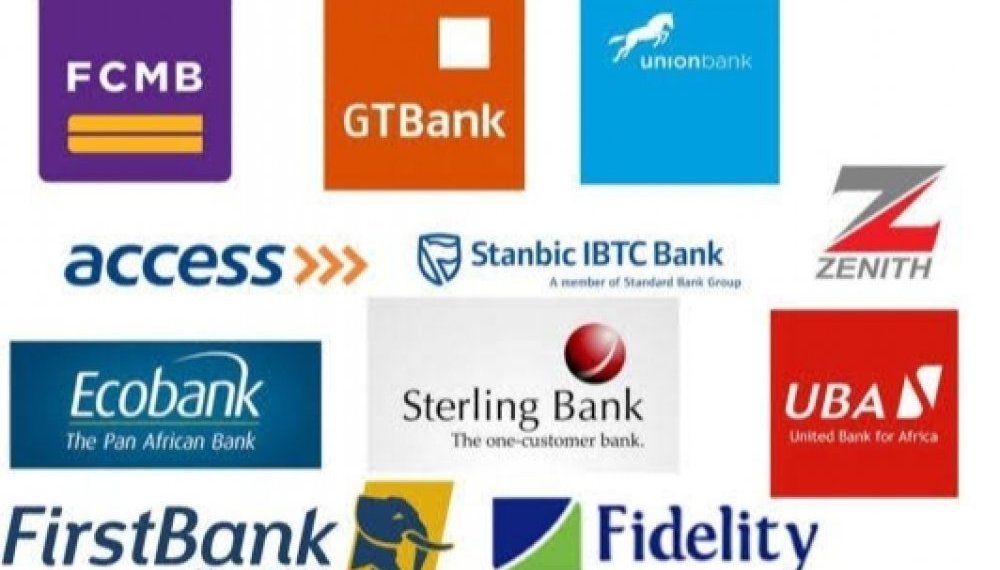By Mabel Adeteye
Perspectives of a Professional
Commemorating Crisis Management Advocacy Month! As public relations professionals, we are constantly navigating the delicate balance between communication, strategy, leadership and stakeholders.
In times of crisis, the importance of our role is magnified, and how we respond can significantly influence the trajectory of a brand’s reputation.
Today, I am lending my voice to one key aspect of my profession – Crisis Management and also like to take this opportunity to acknowledge @CMC Connect LLP for launching the Crisis Management Advocacy Month this March.
This effort underscores the urgent need for organizations and PR practitioners alike to elevate focus on crisis preparedness.
Crisis management is much more than just reacting when a situation arises; it is about proactively identifying risks before they spiral out of control.
Risk identification can range from something as seemingly simple as the messaging we use in our communication to how we engage with stakeholders.
Even the smallest misstep in these areas can have a profound effect on the course of a crisis. In my experience, crises often amplify risks that were always there such as inconsistencies in messaging or a lack of clarity in how we communicate.
Hence, being prepared means constantly auditing and refining our communication strategies, making sure they are in sync with the brand’s values and the audience’s evolving needs.
One of the most challenging aspects of managing a crisis is handling the pressure, especially when you’re dealing with stakeholders who may not fully understand the nuances of public relations. In these situations, patience and clear, strategic communication are critical.
Managing expectations and maintaining composure under pressure are vital skills for any PR professional, particularly when working with those who may not be familiar with the high-stakes environment we operate in.
It is important to guide these stakeholders with clear explanations, steady reassurance, and informed decisions. Without this, the crisis can easily be prolonged and its impact worsened.
Recently, I had the opportunity to lead a session with @Bolt global PR team focused on crisis management.
It was a moment to share insights, best practices, and strategies for navigating high-pressure situations, something that resonates deeply with my experience of working with both local and international brands.
Crisis management requires a shared understanding across teams, and it’s critical that we are all aligned when it comes to responding to risks and protecting the brand.
Effective stakeholder management is an integral part of crisis resolution. Every group, whether it is the media, employees, customers, or investors has different concerns and needs during a crisis.
Tailoring our communication to address these specific concerns, while ensuring transparency and consistency, can make the difference between managing the crisis effectively and letting it escalate.
In these moments, we must be both communicators and mediators, balancing multiple viewpoints while keeping the brand’s integrity intact.
Brand management in a crisis is never a simple task. It requires agility, strong leadership, and an unwavering commitment to the brand’s core values.
It is essential to remember that a brand is not just a product, it is a promise. When that promise is threatened, every decision we make can either reinforce or weaken the trust that customers place in the brand.
Crisis management is not the time for testing new approaches; it demands experience, foresight, and a strategic mindset to mitigate damage and guide the brand through the storm.
From my experience working with both local and international brands, I have come to appreciate that crisis management is a comprehensive, 360-degree process.
Each situation is unique, and the key to success lies in our ability to adapt and pivot strategically. A crisis demands clarity of thought, rapid response, and a clear focus on both the immediate and long-term impact.
As we recognize Crisis Management Advocacy Month, I encourage my colleagues in the PR profession to reflect on the critical role we play in times of uncertainty.
Crisis management is not just about reacting at the moment; it is about continuously refining our practices, preparing for the unexpected, and acting with precision when the time comes.
Thank you again to CMC Connect for bringing this vital issue to the forefront and fostering a much-needed conversation about the importance of crisis preparedness.
Let’s continue to advance our knowledge, prepare our brands, and lead with purpose in every crisis we encounter.
Mabel Adeteye is the Head, Brand & Marketing Communications @ Wema Bank | Digital Strategy, Corporate Branding.






Comment
No comments found.